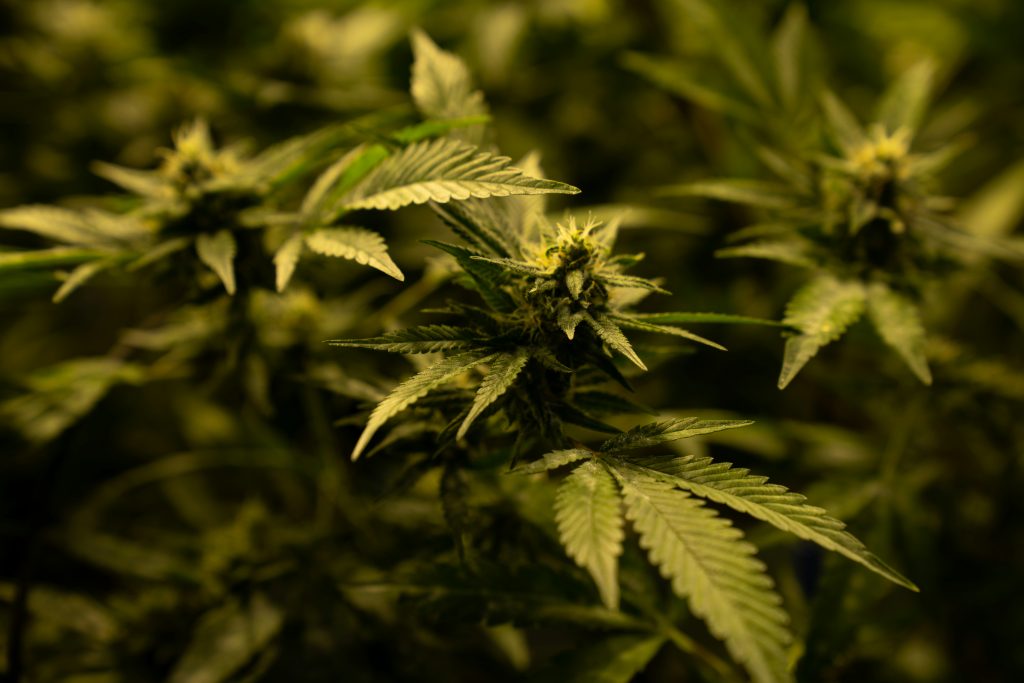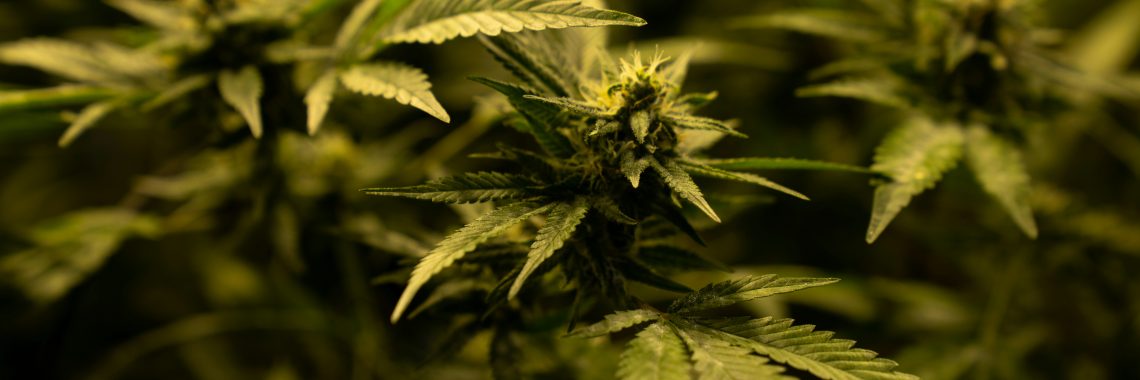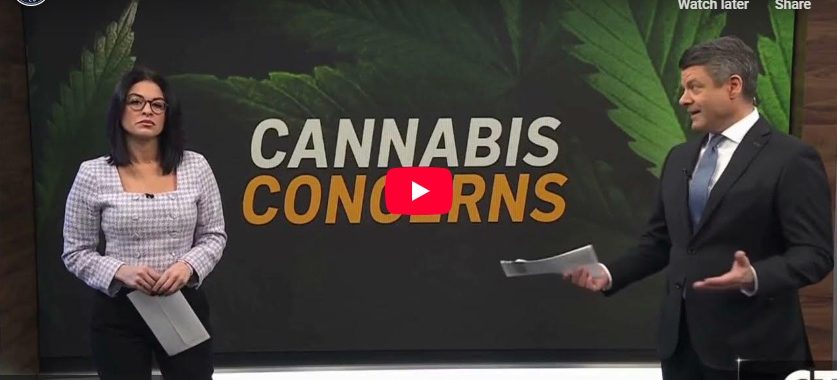New Study Links Marijuana to 400% Higher Risk of Diabetes

New research shows marijuana is linked to a 400% increased risk for developing diabetes.
Researchers presented the findings in September at the annual meeting of The European Association for the Study of Diabetes. The study reportedly relied on health data from more than four million adults.
Across the board, a growing body of scientific evidence shows marijuana is harmful.
Just this year, researchers announced marijuana use doubles a person’s risk of death from heart disease.
Heavy marijuana use is associated with a threefold increased risk of certain cancers.
Marijuana use during pregnancy has been shown time and time again to hurt unborn children and newborns.
Experts have linked heavy marijuana use to paranoia, memory loss, schizophrenia, and other serious problems.
And instead of decreasing crime, marijuana legalization has emboldened drug cartels and fueled the flow of illegal drugs across America.
The tax revenue that states receive from marijuana sales does not justify the harm that marijuana causes.
All of this should serve as a word of caution to Arkansans. Since 2020, there have been multiple efforts to legalize marijuana by writing it into the state constitution or by letting companies manufacture and sell dangerous drugs made from hemp. Fortunately, voters and lawmakers have rejected those bad proposals.
As we have said for years: Marijuana may be many things, but “harmless” simply is not one of them.
Articles appearing on this website are written with the aid of Family Council’s researchers and writers.




